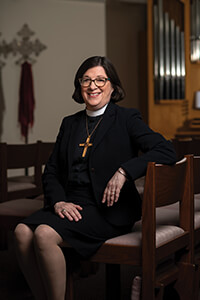
A dear friend gave me a plaque inscribed with the words “Vocatus atque non vocatus Deus aderit.” Bidden or not bidden, God is present. It’s an intriguing proverb, thought to have originated from the Oracle of Delphi in ancient Greece and later found in an anthology of Greek and Latin proverbs compiled by Erasmus in the 16th century. Carl Jung, the early-20th-century Swiss physician and psychiatrist, had it inscribed above his doorway and on his tombstone. These are very different eras and very different people, yet all were attracted to this adage. And here am I, in the 21st century, taken with these same words.
I didn’t understand them at first. They seemed almost like a threat: “Like it or not, God is here—deal with it.” Not very comforting, really. And what about invocations? Do we summon God? Do we invite the Spirit into our meetings as if we control access? Do we call on Jesus as if we need to get the Lord’s attention?
But I have come to understand that these words declare a reality and a promise. God is already present, ever present, all in all. Instead of invoking or inviting God into our presence, wouldn’t it be better and more accurate to acknowledge that God is present and to ask the Spirit to open our hearts to that presence? And that presence is pure love and peace.
God is near. God is here. God is not the distant, disinterested and disengaged architect of all things.
In his novel The Wind in the Willows, Kenneth Grahame describes this presence: “Then suddenly the Mole felt a great Awe fall upon him, an awe that turned his muscles to water, bowed his head, and rooted his feet to the ground. It was no panic terror—indeed he felt wonderfully at peace and happy—but it was an awe that smote and held him and, without seeing, he knew it could only mean that some august Presence was very, very near.”
God is near. God is here. God is not the distant, disinterested and disengaged architect of all things. Scripture shows us that God, who brooded over the waters at creation, and walked and talked with Abraham and Sarah, was the constant companion of the people when Israel was delivered from bondage. We just don’t always realize it.
The story of the two disciples on the road to Emmaus puts us in the middle of an experience of an unrecognized encounter with the Holy. It was the evening of the Resurrection. Jesus joined two disciples who told Jesus about all the strange news they had heard about sightings of the risen Lord. But they were still unaware of Jesus’ presence. How could we ever blame them? If we expect God’s presence to be revealed and felt only in one prescribed way—extraordinary epiphanies—then it is not surprising that we do not recognize God’s presence in everyday, ordinary experiences. “We had hoped” they said.
“Beginning with Moses and the prophets, [Jesus] interpreted to them the things about himself in all the scriptures” (Luke 24:27). The two companions already knew the historical facts, but they did not recognize Jesus. Only when these disciples invited Jesus to dinner—when Jesus took bread, blessed and broke it, and gave it to them—only then did they recognize Jesus. Such an ordinary thing, breaking bread. No herald angels, no earthquake, just this simple act of taking, blessing and giving bread—something we do on a regular basis—opened their hearts to the presence of the Lord.
How many times have we been in the presence of the Lord but didn’t realize it? How many times has God’s love been made real to us and we were looking in the wrong place—or not looking at all? Let us notice. Bidden or not bidden, God is present.
Read more about:

